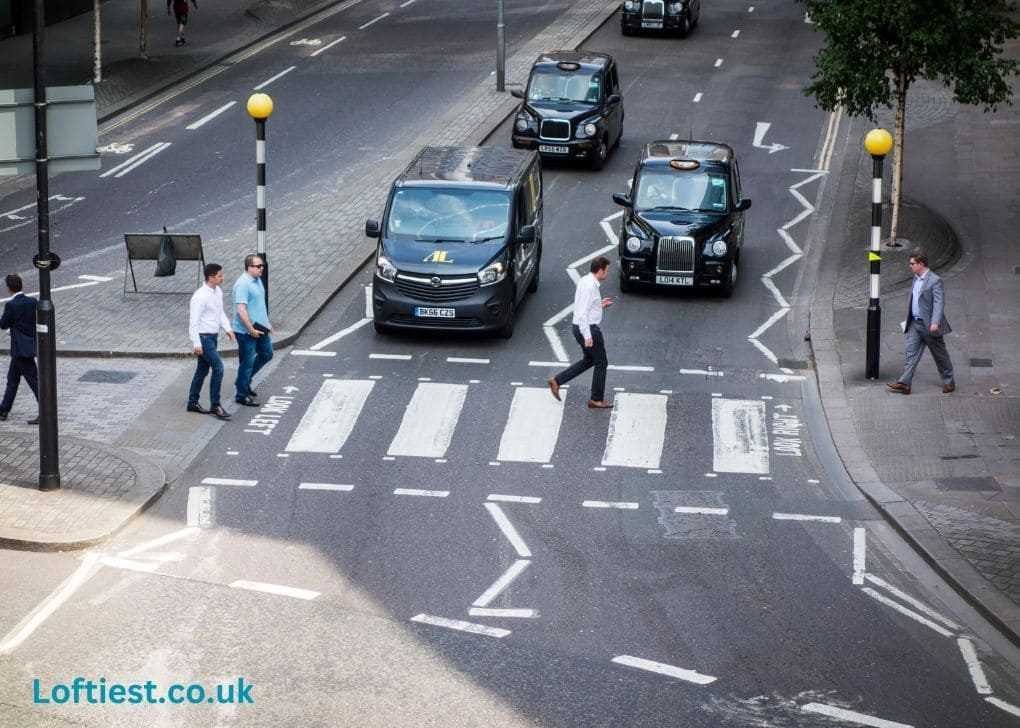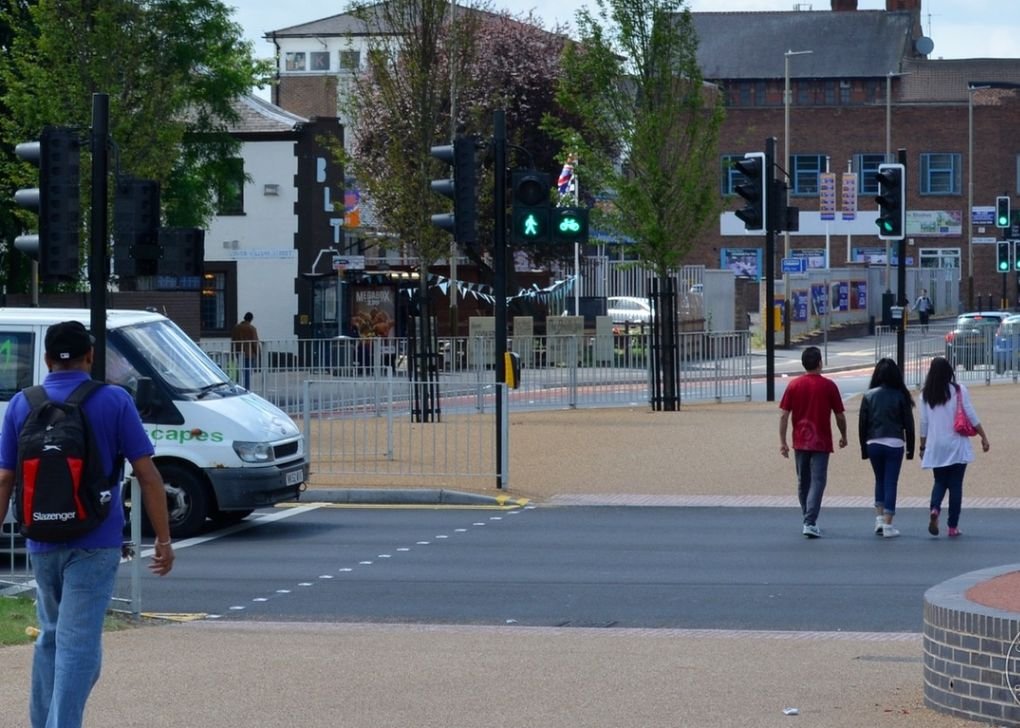Have you ever come across a black and white striped crossing with flashing amber lights while walking on a busy road? That’s the Pelican crossing, one of the most common types of pedestrian crossings in the UK. Whether you’re a seasoned pedestrian or new to navigating busy roads, it’s essential to understand what this type of crossing means and how to use it safely. In this blog post, we’ll dive into everything you need to know about Pelican crossings – from getting your permit to what to do if you get lost at the crossing. So, let’s cross over and explore!
What Does a Pelican Crossing Mean?
A Pelican crossing is a type of pedestrian crossing that allows people to cross busy roads safely. The name ‘Pelican’ comes from the acronym for PEdestrian LIght CONtrolled, which describes the signal system used at this type of crossing. When you approach a Pelican crossing, you will see two sets of traffic lights – one set for vehicles and another set for pedestrians.
As a pedestrian, you should wait at the kerb until the red-light changes to green with a ‘green man’ symbol indicating it’s safe to cross. Once on the road, keep an eye on both sides and continue walking across while watching out for any vehicles turning onto your side of the road. When you reach the other side, look back before stepping off into safety, as cars may come up behind or turn close to where you are standing.
How Do I Get My Pelican Crossing Permit?
If you want to install a pelican crossing, then you will need to apply for a permit from your local council. The process may vary slightly depending on where you live, but the basic steps are usually similar. Firstly, it’s essential to check if your location is suitable for a pelican crossing. This means that there should be enough pedestrian traffic and road space available.
Once you have confirmed that a pelican crossing is appropriate for your area, you can start the permit application process. You will typically need to fill out an application form and provide some supporting documents, such as maps and plans of the proposed site. It’s crucial to ensure that all information in the application is accurate since any inaccuracies could lead to delays or even rejection of your request. It may also be necessary to pay an application fee.
When Do I Need to Be at the Pelican Crossing?
When it comes to using a pelican crossing, timing is key. You don’t want to be stuck waiting for ages, but you also don’t want to risk rushing across the road when it’s not safe to do so. So, when should you arrive at the pelican crossing? The answer will depend on various factors, such as the time of day and traffic flow in your area.
Generally speaking, during peak hours like rush hour or school drop-off/pick-up times, pedestrian crossings tend to be busier. To avoid being late for an appointment or getting caught up in a crowd of people trying to cross the road simultaneously, give yourself plenty of time and consider arriving earlier than usual. On the other hand, if you’re walking at night or early morning when there’s little traffic around, then less waiting may be involved.
What Should I Bring to the Pelican Crossing?
When it comes to using a pelican crossing, you don’t necessarily need to bring anything with you. However, there are some things that can make the experience more comfortable and safer. Firstly, if you have any mobility aids, such as crutches or a wheelchair, be sure to bring them with you. This will ensure that you can safely cross the road without any difficulty.
Secondly, if it’s dark outside or visibility is low due to weather conditions like fog or rain, consider bringing something reflective. A reflective vest or jacket can help drivers see you better and reduce the risk of accidents. Thirdly, always keep your phone charged when going out in case of emergencies. You might also want to download an app like Google Maps to help navigate your route beforehand.
What Should I Do If I Get Lost at the Pelican Crossing?
It’s not uncommon to get lost at a pelican crossing, especially if it’s your first time using one. But don’t worry, and there are steps you can take to ensure your safety and find your way. Firstly, try to remain calm. It’s easy to panic when you’re lost or unsure of what to do next, but staying calm will help you think clearly and make better decisions. Next, look for the pedestrian push button. This is usually located on a post near the crossing or on the traffic light pole itself.
Pressing this button will activate the signal and stop traffic so that pedestrians can cross safely. If you still feel unsure about where to go, look for directional signs or markings on the ground. Pelican crossings often have arrows indicating which direction pedestrians should walk in order to reach their desired destination. In some cases, it may be helpful to ask someone nearby for directions or assistance. Don’t be afraid to approach a passerby or even call out for help if necessary.

